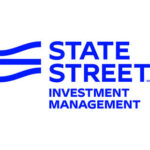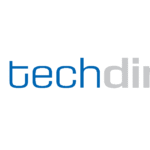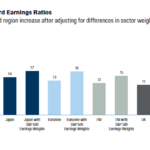
Ripple is doubling down on its ambitions in the stablecoin payments space with the acquisition of Rail, a global settlement platform known for its speed and enterprise-grade automation.
The deal, valued at $200 million, was announced on Aug. 7 and is expected to close in the fourth quarter of 2025. Meanwhile, it is still subject to regulatory approval.
Ripple President Monica Long said the integration of Rail would position the company at the forefront of stablecoin adoption in global finance. She noted that stablecoins are rapidly becoming essential to modern payment systems and that Rail's technology will help accelerate the shift from legacy rails to faster, blockchain-based solutions.
What does this mean for RLUSD?
This acquisition underlines Ripple's ambition to cement its role as a leader in corporate digital asset infrastructure and to scale its stablecoin offering, RLUSD, into a dominant force in cross-border transactions.
Rail's platform was designed to streamline B2B payments using stablecoins, and by 2025, it's expected to process over 10% of the estimated $36 billion global stablecoin business payments market.
The combined platform will allow enterprises to initiate, route, and settle payments in multiple currencies and digital assets, including RLUSD and XRP, through a unified infrastructure.
That projection makes the platform a strategic asset for Ripple as it races to offer a more agile, secure, and scalable alternative to traditional systems.
Long underlined the importance of the deal, stating:
“Ripple has one of the most widely used digital asset payment networks in the world, and this acquisition underscores our commitment to helping our global customer base to move money wherever and whenever they need.”
Apart from that, the acquisition is poised to remove major bottlenecks for enterprise clients by combining Ripple's deep regulatory licensing footprint and liquidity tools with Rail's real-time settlement technology.
Moreover, Ripple will be better equipped to serve institutions looking to move funds globally without the operational burdens of holding crypto directly or dealing with fragmented banking partners.







